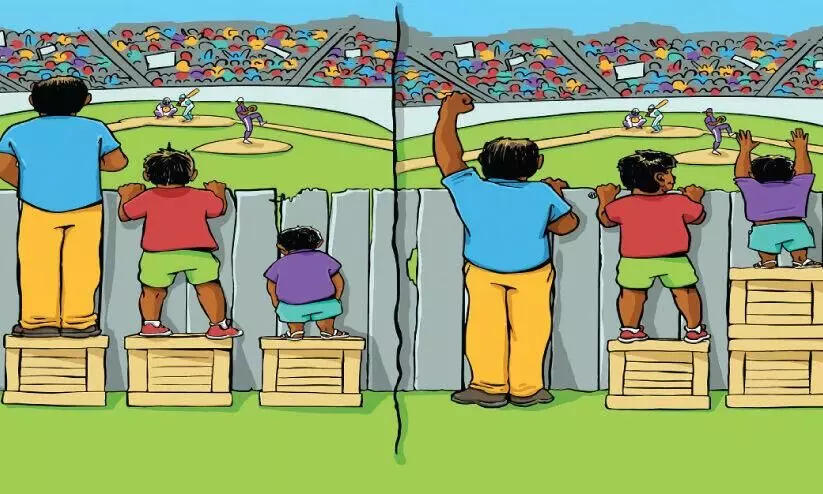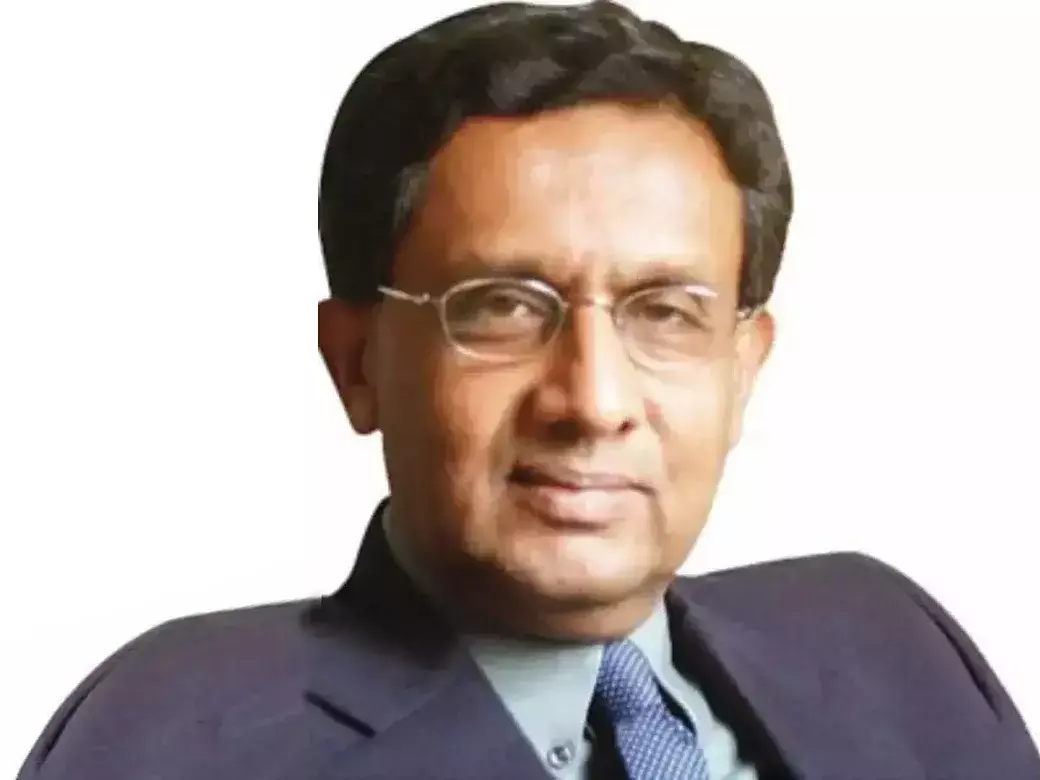

Implications of Maratha Quota judgement
text_fieldsOn May 5, 2021, a 5-judge constitutional bench of the Supreme Court of India struck down a Maharashtra law that conferred the status of 'socially economically and educationally backward class' (SEBC) on the dominant and powerful Maratha Shudra sub-caste of Maharashtra and provided them 16% reservations in education and public employment.
The 16% Maratha reservation took the total reservations in Maharashtra to 66% (not including reservations for the economically weaker sections (EWS)). The Congress government led by Prithviraj Chauhan had issued ordinances establishing SEBC reservations for the powerful Marathas in its last days in 2014 in a desperate bid to woo Maratha votes. The BJP government that followed converted the Ordinance into legislation.
The Supreme Court struck down Maratha reservations on four grounds.
First, the court held that Maratha reservation violated the law laid down in the 1992 9-judge Indra Sawhney judgment of the Supreme Court which imposed a strict 50% ceiling on reservations although such a restriction is not envisaged in the Constitution. The Maratha quota took total reservations in Maharashtra to 66%. The Indra Sawhney judgment allows for this ceiling to be exceeded in extraordinary circumstances.
It says, "While 50% [limit to reservations] shall be the rule, it is necessary not to put out of consideration certain extraordinary situations inherent in the great diversity of this country and the people." The Supreme Court held that Maharashtra had failed to establish that there was any extraordinary situation justifying exceeding the 50% limit for Maratha reservation. It rejected Maharashtra's argument that the 50% limit needs to be exceeded in order to avoid reducing the 50% share of the backward classes including SC and ST.
Second, the Supreme Court held that "the Constitutional pre-condition that backward class is not adequately represented is not fulfilled". The Court did not specify the criteria of adequacy of representation it was using, beyond noting that there are many Marathas in education and employment. The data of the Government showed that they were indeed well represented.
Third, based again on government data, the Court struck down the declaration in the Maharashtra law that Marathas were socially and educationally backwards. The Court said that the Marathas are not backward because they were well represented. This is again a controversial assertion — a class could be adequately represented but still remain socially and educationally backwards.
Fourth, by a narrow 3-2 majority, the Court held in a very significant decision that after the 102nd amendment of the Constitution establishing the National Commission for Backward Classes as a constitutional body, the States had no right to designate backward classes and that the power now vests exclusively in the Union.
A main message of the Maratha reservations judgment is that the Indra Sawhney 50% ceiling will be strictly enforced — any exception will have to be truly extraordinary.
What are the implications of this approach for EWS (technically, reservations for "Economically Weaker Sections" — in actuality, reservations "Exclusively and Wholly for Savarnas")?
If this means that if EWS reservations are implemented strictly within the 50% ceiling and the 10% EWS reservations would displace a part of the 50%, the existing 50% reservations for backward classes would consequentially be reduced to 40% in order to provide 10% reservation for Savarnas. This would be a betrayal of the basic purpose of reservations in the Indian constitution, i.e., to provide their due share to socially excluded, historically discriminated communities and secure institutions that represent all its people. Needless to say, such an option is completely unacceptable.
For EWS to be implemented beyond the 50% backward classes reservation (including SC. ST), the Maratha reservation judgment underlines the need to establish with adequate data that providing reservations to economically weaker sections of dominant communities is "an extraordinary situation" which allows breach of the 50% limit. Such data, including a caste census, is simply not available today.
It would be a contumacious violation of the Supreme Court's Maratha reservation judgment for the Kerala Government or for any Government to implement EWS beyond the 50% ceiling without first establishing through a proper process that providing reservation for the economically weaker sections of "upper caste" — while excluding poor from "lower castes" who are not claiming double reservation — is an "extraordinary situation" for Constitutional purposes as required in the Indra Sawhney judgment.
Until this is done, Governments should stop the implementation of EWS. Alternatively, based on the dicta of the Supreme Court that reservation is not a right, and that the decision whether to give reservation is a discretionary matter for the Government, social justice-friendly State Governments should follow Tamil Nadu and refuse to implement EWS in violation of the law.
Article 16(4) requires, as a matter of fundamental right, that reservations are provided for any backward class of citizens which is "not adequately represented in the services under the State". How is this adequacy to be measured? The discussion and consensus in the Constituent Assembly were crystal clear — adequacy of representation should be measured in these instances against population share. Yet, since Indra Sawhney, judges have rejected this yardstick.
As noted, the Maratha case again strongly reinforces the rejection of population share as the measure. Nor have the judges provided any alternative measure of the adequacy of representation. A constitutional amendment must be made to state clearly that the measure would be population share.
The Maratha reservation judgment contains a narrow (3-2) decision interpreting the new Article 342A of the Constitution as wholly divesting States of the power to designate backward classes. In so doing, the Court relies heavily on the process for designating a community as a member of SC and ST in which the final say is that of the Union government. Interestingly the Union, speaking through the Attorney General, argued that Article 342A should be interpreted as not divesting states of such power. However, three of the judges were not persuaded.
The power to define and establish the social identity of a community as a member of SEBCs can be used and misused to shape society in accordance with party ideologies. Such a massive concentration of power offends the principle of subsidiarity which is a core value of the Constitution and an integral part of democracy and federalism which are a part of the basic structure of the Constitution. The majority judgment in this regard should be corrected through an amendment of the Constitution.
The Maratha judgment reveals a deep ignorance on the part of the Court about the true nature of reservations. Instead of recognizing reservation as a Constitutional political tool for providing excluded communities with their due share of education and employment, the Court sees reservations as a tool for individual and group economic and social upliftment and welfare.
The idea that India aspires to become a casteless society — wrongly attributed to the Constitution — is another trope that is repeated in this judgment along with the myth that reservation divides people. Strong public discourse is required to counter these anti-Constitutional ideas and communicate clearly the crucial importance of our fundamental right to reservation in ensuring our rights to equality of opportunity in matters of public employment and to adequate representation.
(The author was the former director of National Judicial Academy, Madhya Pradesh. This article first published in Madhyamam Daily print version. It can be accessed here)










